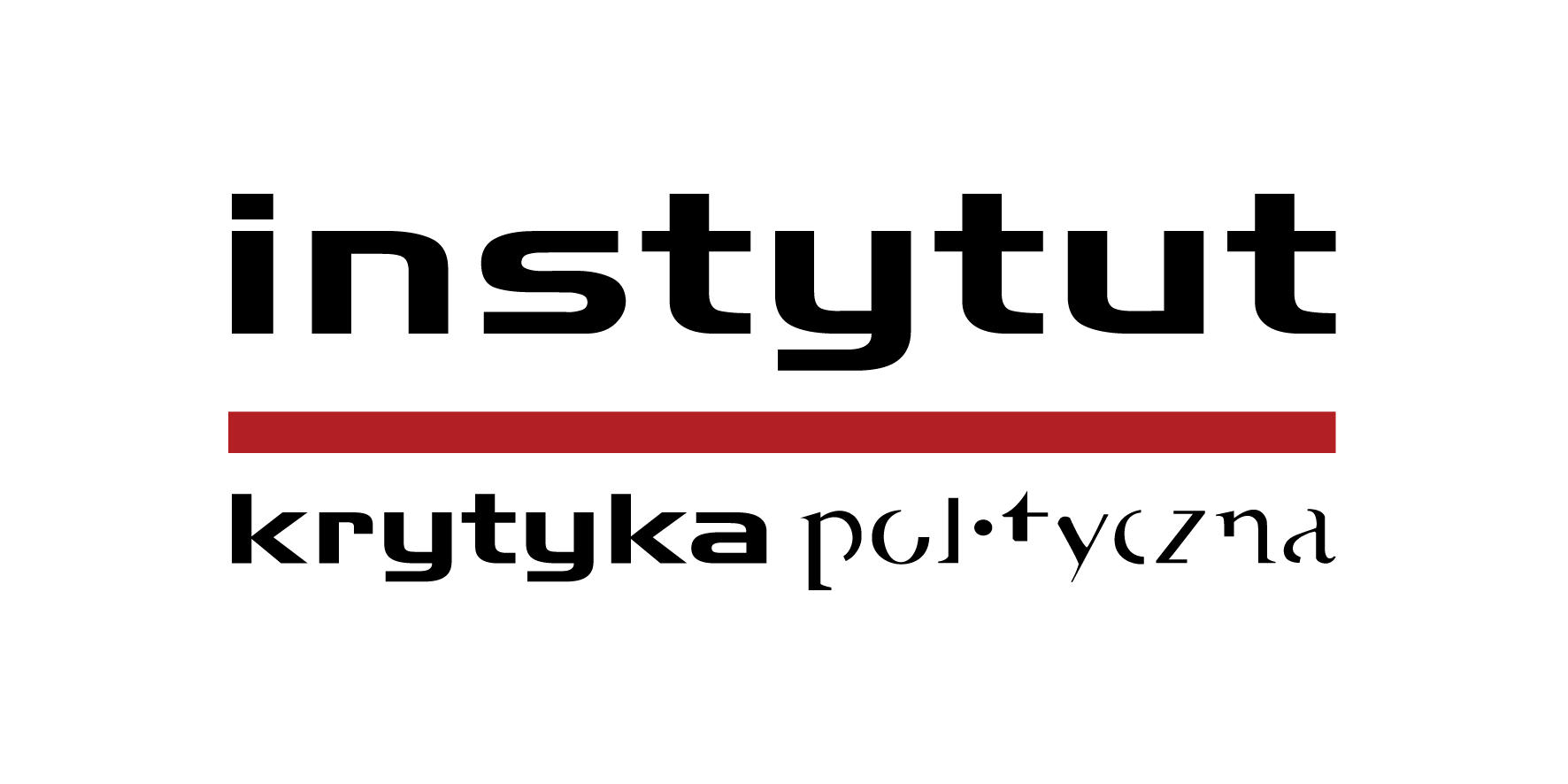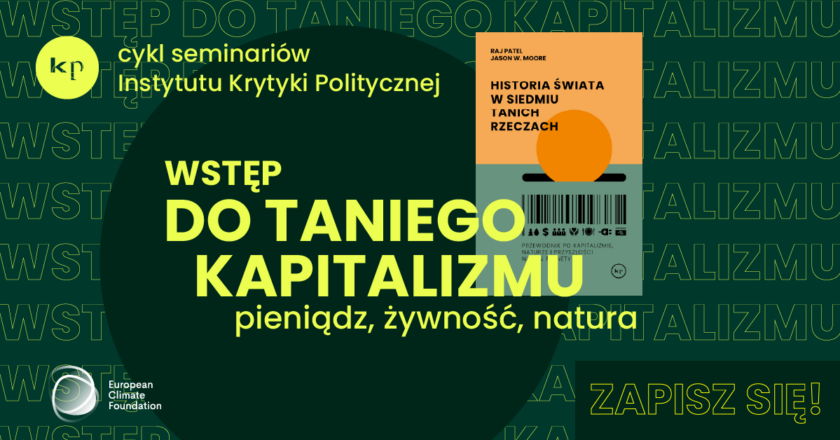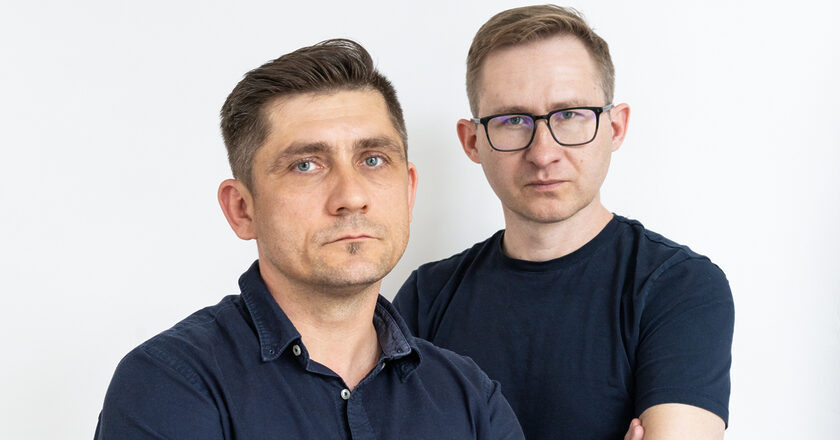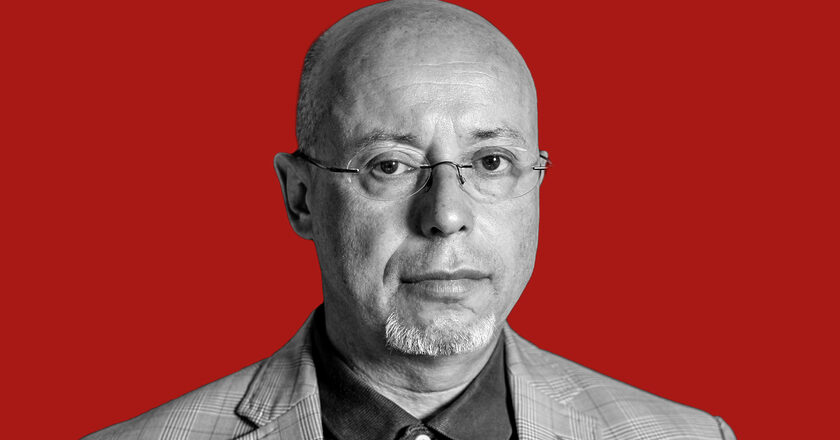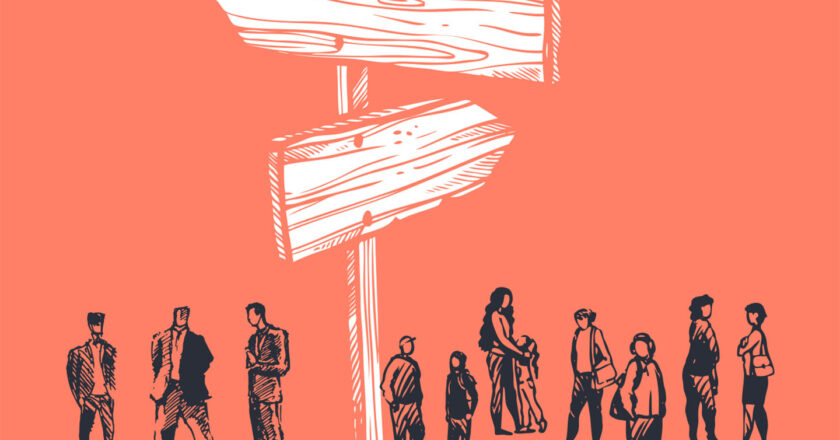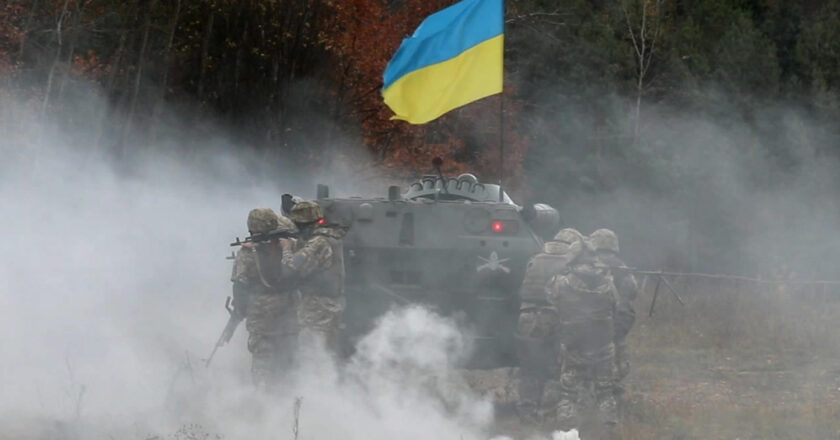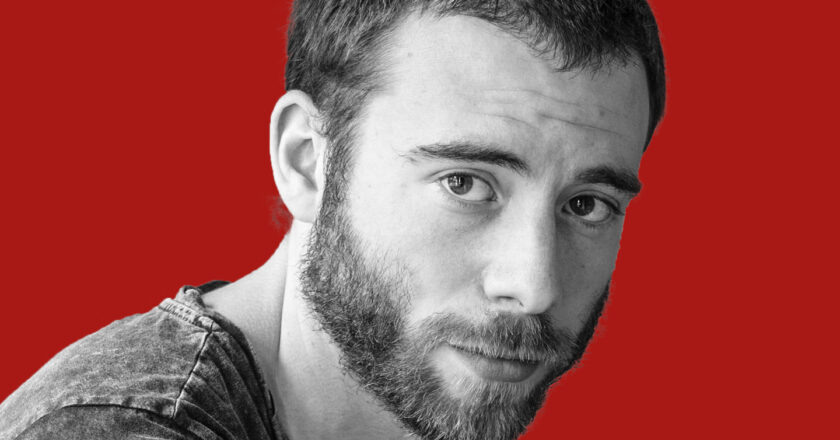Instytut Krytyki Politycznej, powołany przez Stowarzyszenie im. Stanisława Brzozowskiego, zajmuje się badaniami naukowymi i dydaktyką, skupiając się na kluczowych problemach współczesnej kultury, polityki i ekonomii. Jego założyciele dążyli do stworzenia przestrzeni sprzyjającej refleksji nad kryzysem demokracji liberalnej, który wynika z równoczesnych kryzysów więzi społecznych oraz wyobraźni.
Od czasu wykładu inauguracyjnego prof. Zygmunta Baumana pt. Wyzwania stulecia w 2012 roku, Instytut zorganizował kilkadziesiąt seminariów dotyczących różnych dziedzin, takich jak ekonomia polityczna, filozofia kultury, polityka społeczna, feminizm oraz analiza współczesnych ruchów społecznych w Polsce i na świecie. W wydarzeniach tych wzięło udział kilka tysięcy uczestników, a efektem seminariów były publikacje, w tym szeroko dyskutowane książki Andrzeja Ledera: Prześniona rewolucja. Ćwiczenia z logiki historycznej oraz Ekonomia to stan umysłu.
Instytut konsekwentnie realizuje program badań, który ma na celu pogłębione zrozumienie najważniejszych obszarów życia społecznego. Raporty będące efektem tych badań doprowadziły do rozpoczącia znaczących debat publicznych. Do najważniejszych z nich należą prace autorstwa Przemysława Sadury i Sławomira Sierakowskiego, takie jak: Polityczny cynizm Polaków, Koniec hegemonii 500 plus oraz Polacy za Ukrainą, ale przeciw Ukraińcom. Równie istotne są polityczne analizy Macieja Gduli, m.in. Dobra zmiana w Miastku. Neoautorytaryzm w polskiej polityce z perspektywy małego miasta, oraz badania dotyczące przemian w korzystaniu z mediów w dobie politycznej polaryzacji, autorstwa Mikołaja Lewickiego, pt. Koniec prawdy, niech żyją prawdy!.

